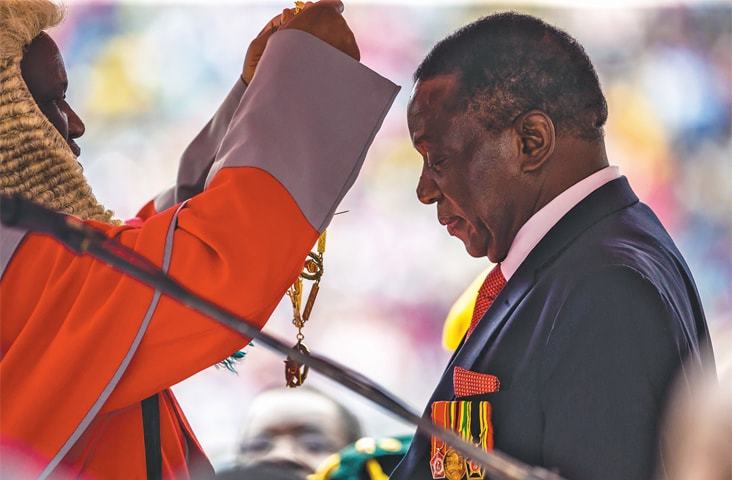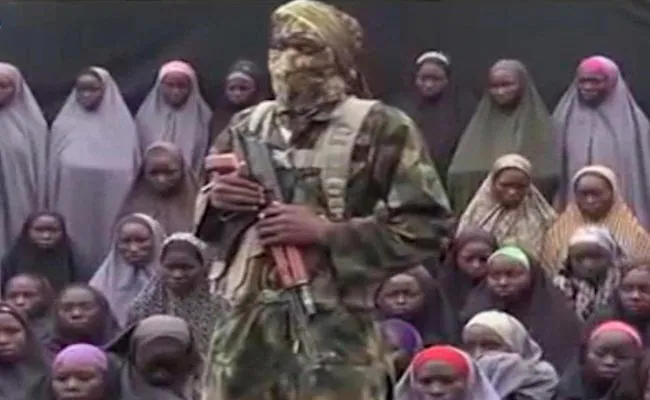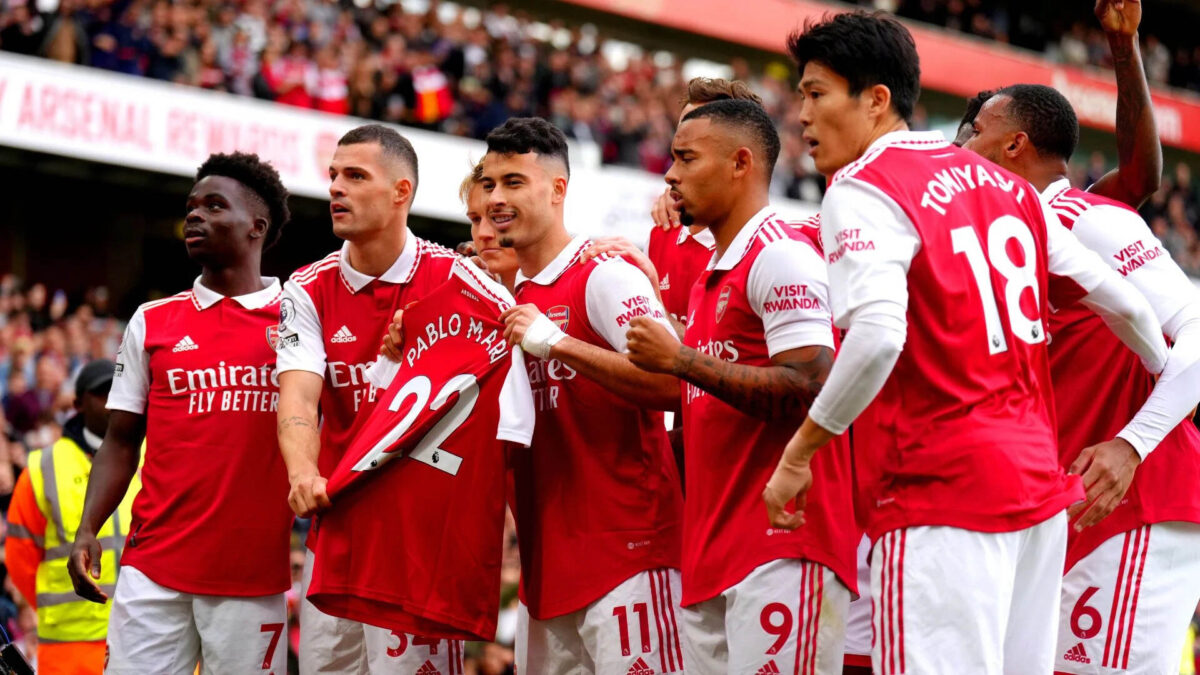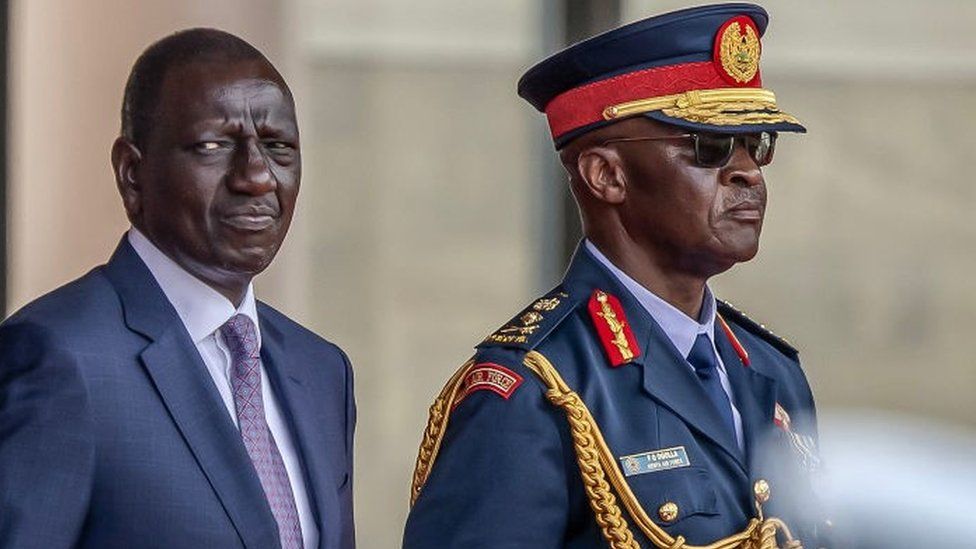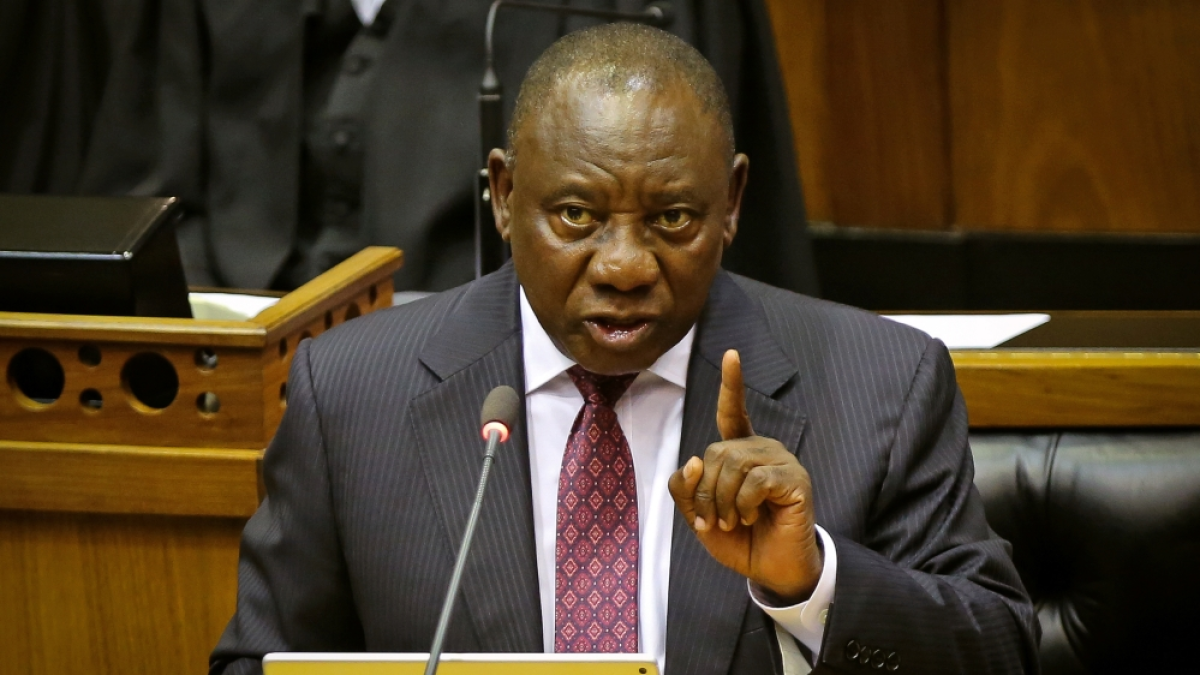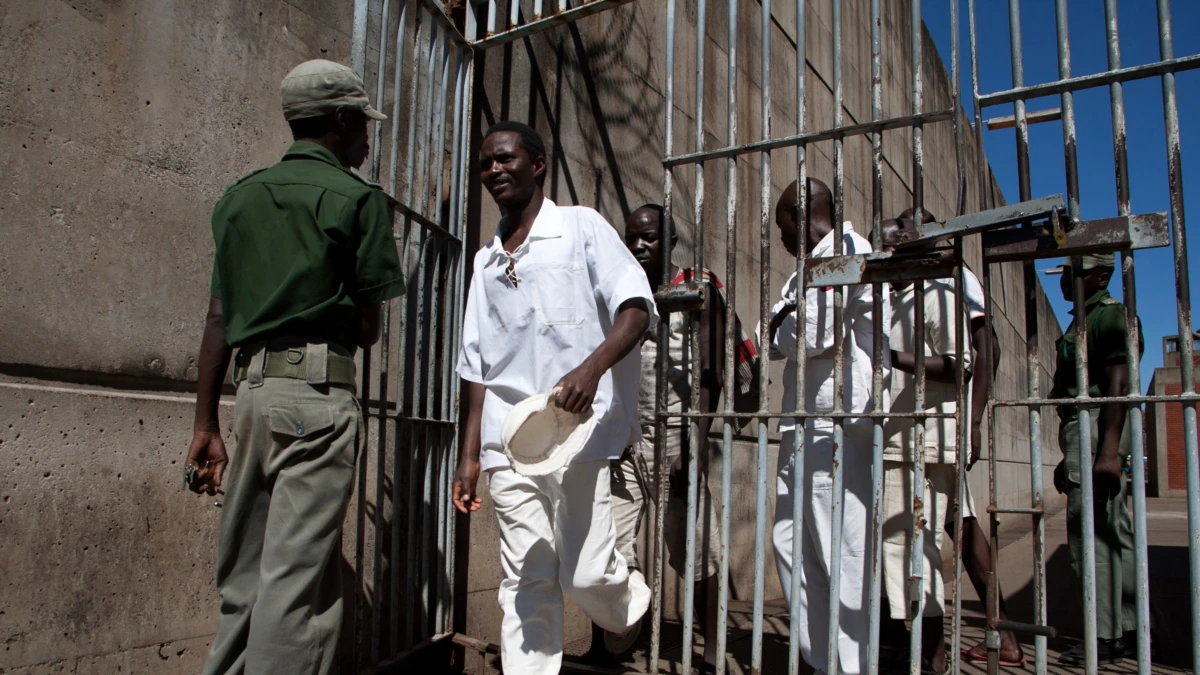HARARE – The government insisted on Thursday that there was no constitutional crisis in Zimbabwe as human rights lawyers cranked up the heat on the Judicial Service Commission (JSC), subpoenaing documents on the annulled five-year extension of Luke Malaba’s tenure as Chief Justice.
A legal conundrum was created when petitioners who argued successfully in the High Court against Malaba’s stay past his retirement at age 70, cited all judges of the Constitutional and Supreme Courts as respondents, effectively precluding them from involvement in the appeal process.
While calling it a tactical gambit by the applicants, pundits pointed out a constitutional crisis was obtaining after the government filed a Supreme Court appeal, arguing the fact that the court’s justices were cited, meant there was no one under the current legal framework to hear the matter.
But justice secretary Virginia Mabiza dismissed the concerns telling reporters in Harare that “what we are seeing is not a constitutional crisis, parties have brought their matter before the courts.”
“It is entirely up to the courts, the institution to which the matter has been brought to make a decision whether or not to preside or not. There is no constitutional crisis as you can see the courts are functional,” Mabiza added adamantly.
She was speaking after the swearing-in of five recently appointed judges to the Constitutional bench.
Mabiza also said the question raised by other commentators on whether the JSC’s appeal on Malaba’s ouster was before the right court or not was subject to determination by the courts.
This as attorneys for constitutional activist Namatai Kwekweza, and the Young Lawyers Association of Zimbabwe (YLAZ), who won the case against Malaba together with Frederick Moses Charles Mutanda and Musa Kika, subpoenaed JSC documents on proceedings that led to President Emmerson Mnangagwa extending the now-former Chief Justice’s stay before he was undercut by the High Court which found that he had acted illegally.
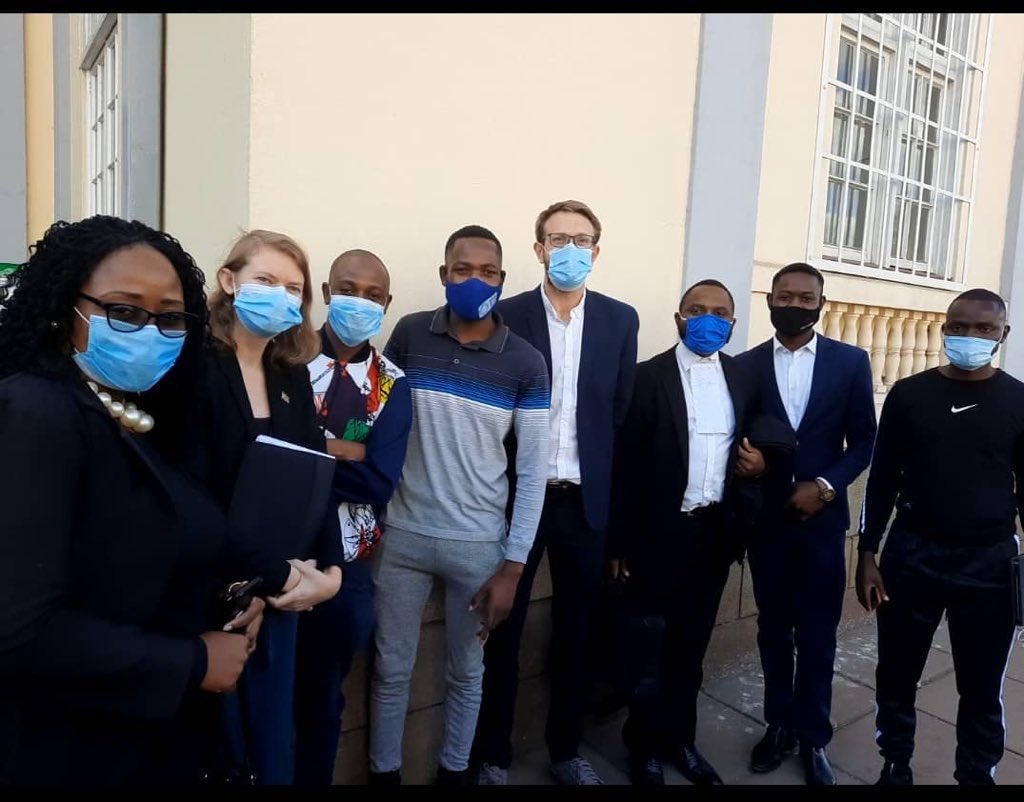
The lawyers said they wanted to see “the application letter submitted by Mr. Malaba to His Excellency the President of the Republic of Zimbabwe Cde Emmerson Mnangagwa that we expect must have been available to the JSC in accordance with or pursuant to the consultative process envisioned by the proviso to Section 186 (1) of the Constitution seeking an extension of his tenure of office with accompanying annexes if any.”
They also demanded on an urgent basis, a “letter from the president confirming his intent to accept this extended tenure and any reasons therefore together with the medical report referred to in the letter” plus “confirmation of the fact that a consultative process as between the president and the JSC took place.”
“If a consultative process did take place, could we be advised; when that took place (date and time); where that took place (venue) and which commissioners of the JSC were present for purposes of the JSC consultative meeting,” the lawyers for the YLAZ and Mutanda wrote in their subpoena.
They also wanted to see “minutes of the deliberations and/or consultation that took place among JSC commissioners and the president – perhaps with others if that is the case and in that event their names and the basis upon which they so participate or accompanied the president concerning the proposed appointment of Mr. Malaba for an extended or continued period of five years.”
The lawyers said if no such substantive consultation with the JSC took place [which would be a violation] “in accordance with the proviso to Section 186 (1) of the consultation with the JSC’s commissioners in that event, we kindly confirm you to record this fact to us in writing.”
Attorneys for Kwekweza also wanted to know “how did the Judicial Service Commission come to a decision on the appropriate recommendation to make to the President under Section 186 (1) of the Constitution of Zimbabwe relating to Hon Luke Malaba’s bid to continue as Chief Justice for another five years?”

“In particular was a meeting held by commissioners for this purpose? Was a resolution passed to make the appropriate recommendation? If so, may we have a copy of the resolution.”
Observers said the subpoenas were meant to find infractions by Mnangagwa and the JSC that would effectively render the appeal useless even if it were to be heard.
Human rights lawyer and activist Doug Coltart argued Mabiza was “gravely mistaken if she believes that somehow, the appeal averts the constitutional crisis.”
“The constitutional crisis emanates from the amendments themselves, both Constitutional Amendment No. 1 and No. 2, have the effect of undermining the independence of the judiciary as an institution, while at the same time benefiting the persons who currently occupy those positions in the judiciary,” Coltart told ZimLive.
“Therefore, the attack on the fundamental principle of the Constitution, that being the separation of powers now needs to be determined by the beneficiaries of that attack, that is the first problem. The second problem is that all of the judges of the ConCourt and Supreme Court are cited as respondents.”
The third aspect of the constitutional crisis which has not been dealt with, Coltart said, “is the fact that the minister of justice came out with a brazen attack against the judiciary and that statement has not been retracted, and that minister has not been fired, apparently they have been no repercussions for that brazen attack on the independence of the judiciary by the executive.”
“Until all of those are dealt with, the constitutional crisis is only getting deeper,” he added.
